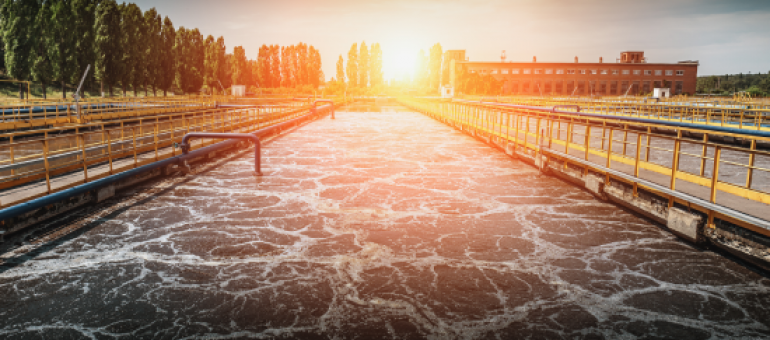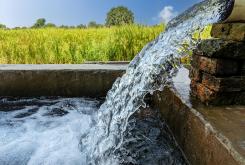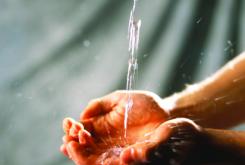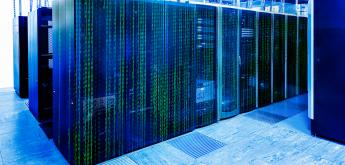Sustainability Benefits of Industrial & Municipal Water Reuse

When you open up the tap to pour yourself a refreshing glass of water do you ever think about where that water originally came from? A river, lake, or even a reservoir may come to mind. But what would you think if you knew your town treated its wastewater to drinking water standards, and then recirculated it back to the community?
That concept used to give many people pause, but opinions are changing, especially as the world faces growing water scarcity challenges. According to a 2020 survey of 2,000 Americans, more than one-third of respondents would drink recycled water, and nearly half would use it to water their lawn. Just 5% of Americans said they wouldn’t be comfortable using recycled water for any purpose.
That’s a big contrast to years past, when a perceived “ick” factor mobilized opposition to water recycling projects.
However, more people are paying attention to sustainability issues, climate change, and resource conservation. That’s made them more willing to advocate and adopt solutions that combat water scarcity.
The survey also found that Americans are increasingly aware of, and alarmed by, climate change and sustainability issues. Water-related issues, like pollution, drought, and scarcity, occupied three of the top five climate concerns (air pollution and wildfires were the other two).
Our lifestyles require lots of water, and not just for obvious uses like growing food, drinking, or bathing. Power plants use water for cooling, as do the data centers that pipe streaming movies to your house.
We can use recycled water for all of it.
The survey found that 42% of respondents thought fighting fires was an acceptable use of recycled water. Slightly more than half thought it was ok to use recycled water to flush toilets. About one-third think it would be acceptable to use recycled water for manufacturing, power plants, and construction projects like concrete mixing.
So where does this leave us?
It’s clear that water reuse is gaining wider acceptance. That’s a good thing, because water recycling is the most sustainable source to solve our water scarcity issues. But right now, just 2% of water is recycled globally.
Interestingly, three-quarters of respondents appear to be so worried about water scarcity, they’re willing to see their taxes increase if it meant their city or municipality would invest more in protecting their local water supply.
But while Americans say they would accept higher taxes and are comfortable using recycled water in some form, more than two-thirds say there’s something of a stigma. It’s not entirely clear why people find recycled water acceptable for some applications but not others, however, those mismatches may be remedied by more education.
For example, in areas where recycled water infrastructure has been adopted, like Israel and Kuwait, public acceptance has grown in part because more people are exposed to how it works and its benefits. And in California, the Edward C. Little Water Recycling Facility produces more than 40 million gallons of water for 300 industrial partners per day. That’s enough for 80,000 households, and it’s been doing it since the 1990s.
These examples continue to prove that water recycling is safe and effective. And with sustainability and building resilience against climate change a growing focus, it’s safe to assume we’re going to be seeing a lot more of it.







